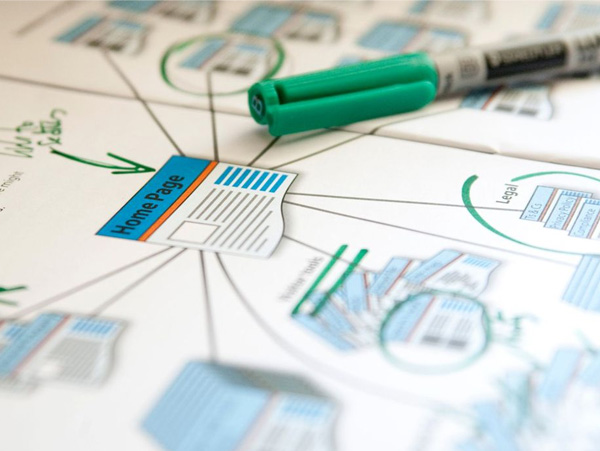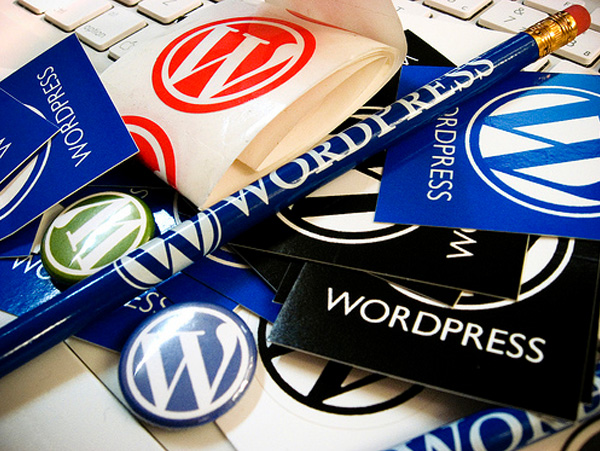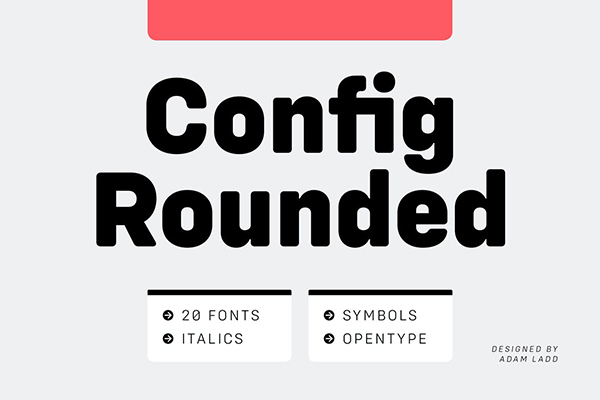Tens of thousands of new WordPress sites are created each day. In fact, in 2013, 18.9% of the Internet ran on WordPress and monthly page views for WordPress sites had risen to 4 billion. The stats indicate that these numbers will continue to grow, as millions people have chosen WordPress as their content management system alongside large brands like Time, CNN, TechCrunch, Major League Baseball, and the National Football League.
WordPress is a powerful platform that lends itself to endless possibilities; with WordPress, the only limit is your own creativity. Even so, some people may be skeptical about switching to this content management system. After all, something so powerful must be complicated to install and maintain, right? Surely it takes a lot of time to keep the site up and running?
You may be interested in the following modern related articles as well.
- Graphic Design Trends 2015
- 200+ Free Flat Vector Icons Pack
- 5 Essential WordPress Plugins for Bloggers and Freelancers
Actually, no. WordPress is an incredibly user-friendly platform and there are multiple ways to stay productive when using it, including some tools built right into WordPress itself.
How can you save time while building a quality website on WordPress?
Planning & Development

The best way to save time on a WordPress project is to define your scope upfront. Whether working individually or on a team, properly estimating your project’s timeline is vital to success. You’ll need to perform evaluations and take many things into account, including your team’s abilities and strengths, potential problems that could appear, and your experiences on past projects. Failing to do this may result in scope creep, or just lost time in the future as you scramble to correct mistakes.
Here are some time-saving steps you can take in your project’s planning stages to allow for higher productivity after launch:
1. Define your requirements
Whether you’re working for a client or putting together a project of your own, you must first determine what you need your WordPress site to do. Determine what is feasible and what is an unrealistic for the project (or the budget). Think practically. Pare things down to “must haves,” “nice-to-haves,” and “not-gonna-happens.” For instance, developing a site that can easily be accessed via mobile might be a necessity. Spend the majority of your time on the “must haves” and incorporate the “nice-to-haves” when you are finished with those (if time and budget allow). The “not-gonna-happens” may come later, probably in a round of revisions or as an entirely separate project. Don’t be afraid to say “no” in this stage. Doing so now will help you accomplish more things in the long run and leave you with more time post-launch to make adjustments.
2. Organize your workflow and maintain tracking reports
Once you know the scope and requirements for your project, you can begin breaking them down into manageable pieces. Sort these pieces into larger, related phases of development. You can determine your overall progress as well as time spent as you track completion of these smaller pieces.
3. Take advantage of available project management tools
When you have your project broken down into reasonable chunks, you can use project management tools and software to mark your progress and time spent in completing them. Depending on the tool or software, you will also be able to make notes or additions and assign tasks to other team members.
You will be more productive and your project will run more smoothly if you properly plan and strategize in the beginning stages.
Plugins & Widgets

Two of the best productivity drivers for WordPress are also probably the most well known: plugins and widgets. Both are used to customize your website, and widgets give the user more control over the structure and design of their chosen theme. You can use plugins to help you accomplish everything from backing up your website, performing onsite SEO, caching, moderating comments, and everything in between. By making so many time-consuming tasks automated (or close to it), plugins save you time and allow you to accomplish two times the amount of work you would without them.
If you want to be productive, you need to think about what plugins and widgets you need to help you accomplish your goals.
Hosting

The hosting solution you choose for your WordPress site could have a large impact on the outcome of the future of your site – and has the potential to affect your productivity in the future. The first decision you’ll need to make is whether to host the site for free on WordPress.com or if you will choose the self-hosted option, available from WordPress.org. Many hosting providers now enable 1-click installs, making the self-hosted option much easier than it once was. A self-hosted install allows you total control and freedom over your WordPress site, including the use of more plugins, complete command over the design and look of your site, and the ability to monetize the site.
When working with a self-hosted install of WordPress, it’s critical to know the ins-and-outs of your chosen host. What is their average uptime? How quickly and efficiently do they respond to support requests? You’ll lose hours of productive time if your site goes down and your host doesn’t work quickly to resolve the issue. You’ll lose even more time if you choose your host unwisely and then have to migrate to a new one. Weigh your options and choose carefully.
Bonus: Leverage the knowledge of the community

Remember, you’re never alone with WordPress. As of this writing WordPress 3.9 has been downloaded 32,874,232 times (and increases every minute). Thanks to being an open source platform, WordPress has thousands (if not hundreds of thousands) of developers working on it and improving it in some way. These developers and your fellow users often hang out in the WordPress support forum, answering questions on topics ranging from WordPress itself, install issues, bugs, plugins, theme support, and more.
With time being such a critical resource in today’s world, it’s important to leverage every tool and strategy available to ensure efficiency. With the tips above you’ll be on a good path to making the most out of WordPress. What tips, tools, and tricks do you use to streamline your WordPress workflow?

















[…] WordPress Tips to Save Time and Boost Productivity […]
[…] Even so, some people may be skeptical about switching to this content management system. Continue Reading Advertisements Author: Team Member Being a member of team, I really enjoying my work. […]